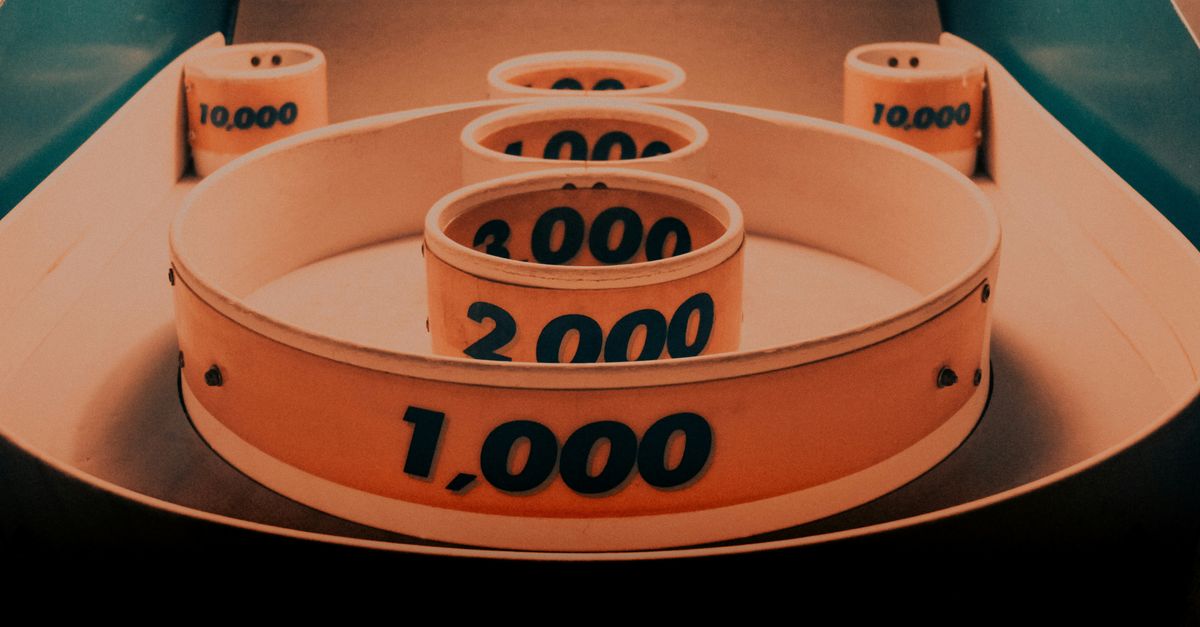Share
How to Build a $5,000 Emergency Fund


In order to build an emergency fund of $5,000 you first need to create a budget. Carefully crafting a budget is typically going to be your first step. Once you write down your income and expenses and see what’s leftover at the end of each month you’ll have gotten a rough estimate of how much money you can work with. Once you’ve subtracted your expenses from your income you can then see what you can reasonably afford to set aside for the emergency fund. You’ll then want to divide $5,000 by your net monthly savings. For example, if you can net savings of $380 per month, you’ll need approximately 13 months of saving to net $4,940. So, after 14 months you’ll have surpassed your goal and will be able to have that $5,000 financial safety net established.
Starting the Process
Starting the process is usually the hardest part. In order to be successful, there’s typically two paths you can chose from. You can go with a more automatic approach or you can go with a more active approach. You can also consider automating the savings process as well with automatic monthly reductions from your bank account or paycheck. People have different opinions about having bill payments automatically deducted but you can decide on what works best for you.
Automatic Payments
Automation can and will also help you stay on budget and will make sure you save for your goal no matter what. Autopay can be a blessing but it can also keep things out of mind and out of sight and prevent you from being more mindful of your bills and expenses. When we become acclimated to simply doing the same routine sometimes we become more susceptible to lifestyle inflation and simply become more careless.
Active Approach
You can choose to take a more active approach with your bills and chose to opt out of automatic payments and deductions and pay everything at their given times. When you do this you’re much more likely to build up muscles memory for the bill paying process and establish a keen sense of your money habits. Money habits are important to establish early on and those who take a more active approach in paying their bills definitely have more “financial awareness” and are much more likely to be on top of their finances.
Cheat Codes
You can look to “cheat” and surpass your savings goal anytime you find yourself with an extra windfall of cash. Most commonly, consumers add extra money to savings after tax rebates, after overtime pay periods, using side hustle incomes, etc., however adding the extra savings to an emergency fund is just as good an idea as any.
Start Saving
The sooner you start the better and the sooner your future self will be thanking you! To start you might want to consider starting with a small automated savings amount or establishing a separate bank account to hold the funds. It’s better to start small and start early than to not start at all! Small steps will be the most beneficial in the long term and the sooner you start, the less you’ll have to contribute later in order to meet the same savings goal. Otherwise you'll have to resort to the alternatives to emergency savings (which is often times debt).